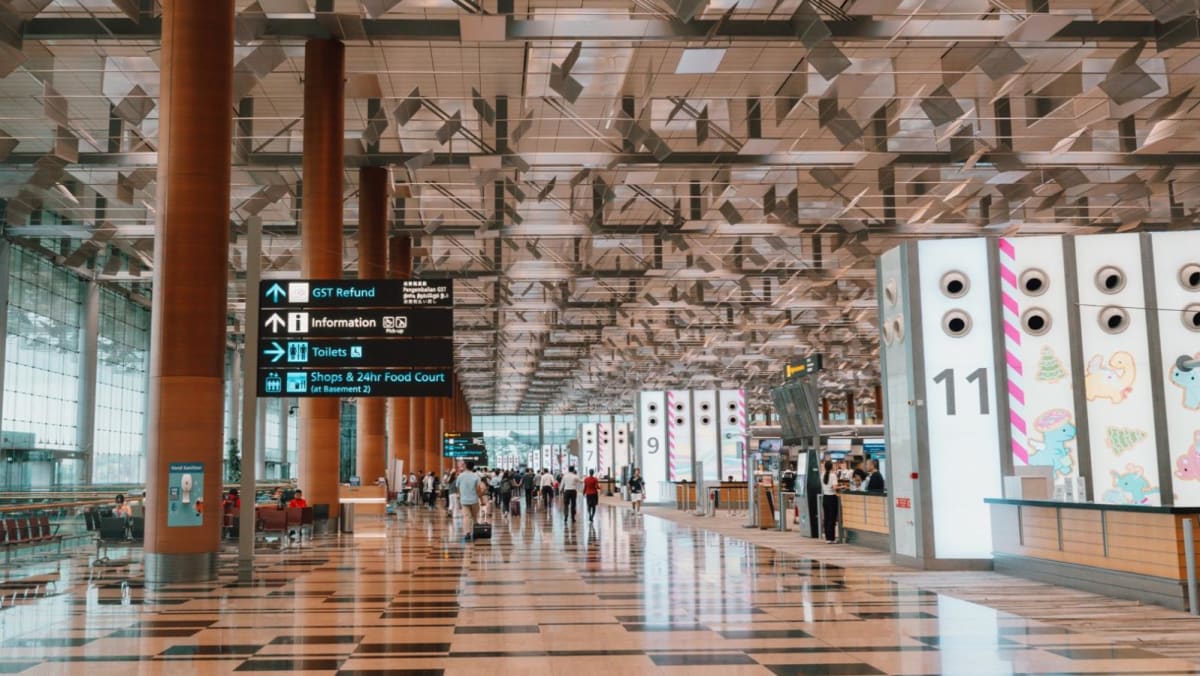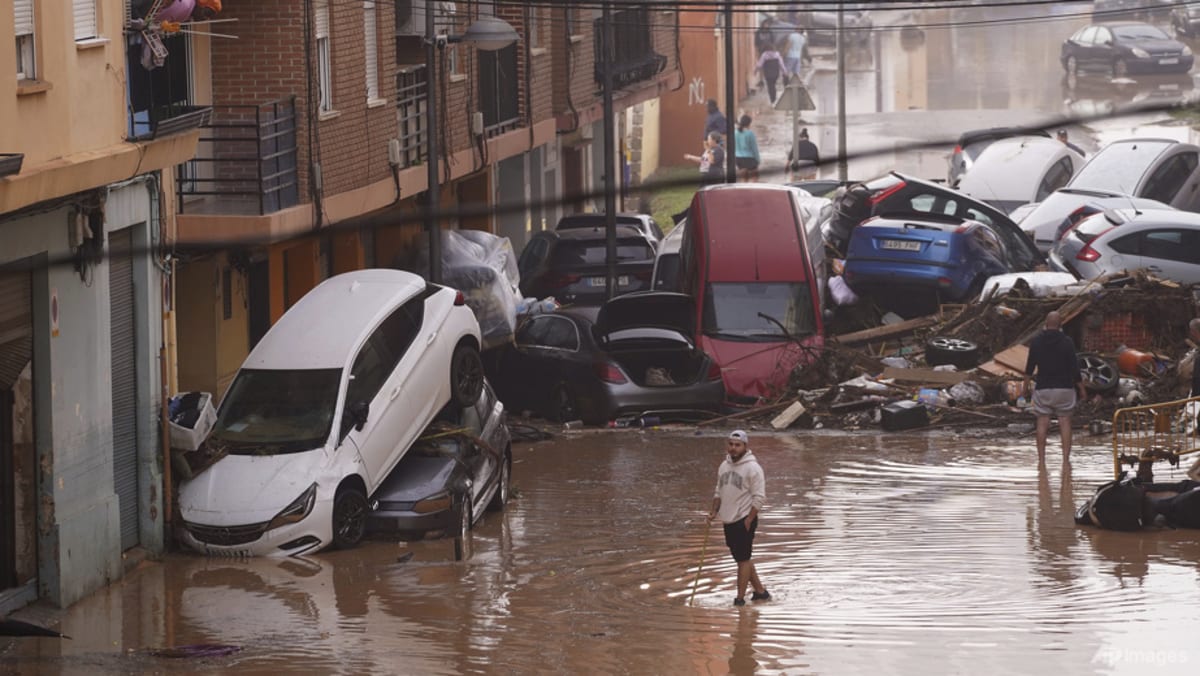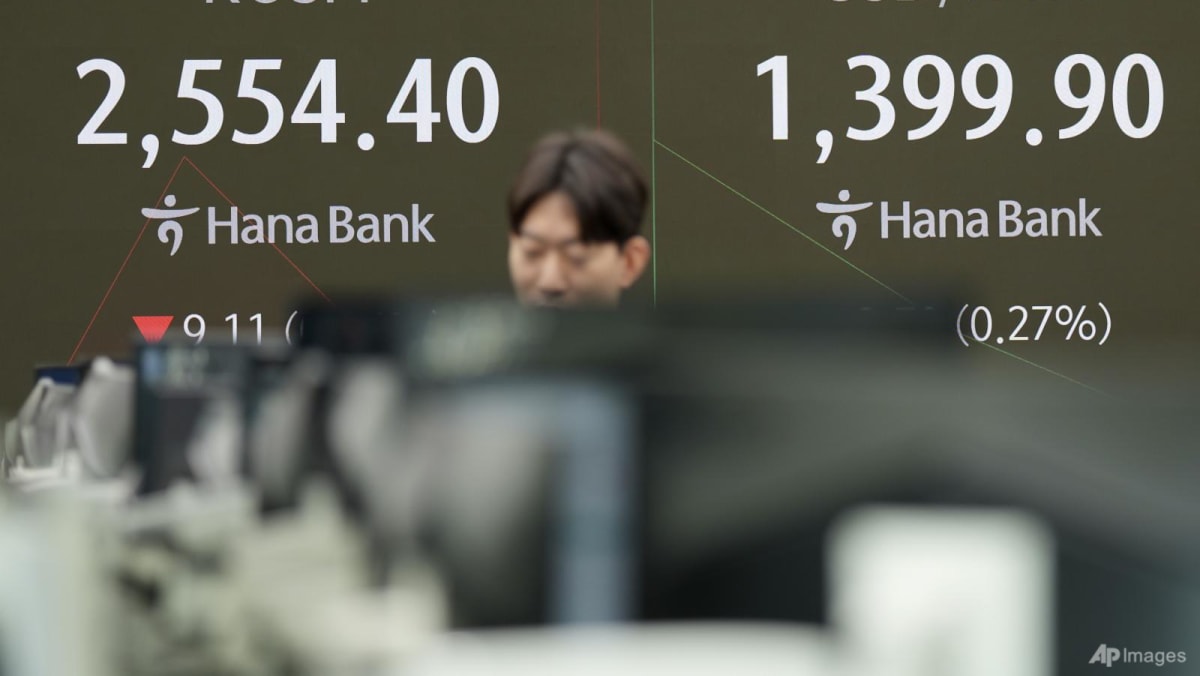“LEFT RUDDERLESS”
On Wednesday night, CSU leader Markus Soeder, had already demanded that “there must be no tactical delays.”
Alice Weidel of the far-right Alternative for Germany (AfD) party made the same demand, calling the end of the coalition a long-overdue “liberation for our country.”
A new opinion poll gives the CDU/CSU alliance 32 per cent support – one point ahead of the combined total of the SPD with 15 per cent, the Greens with 11 per cent and the FDP with only five per cent.
The AfD scored 18 per cent in the Ipsos poll, making it the second strongest party, but so far it is unlikely to enter any government as all other parties have vowed not to cooperate with it.
Germany’s political turmoil could not have come at a worse time for Europe’s biggest economy, which is set to shrink for a second year in a row amid dire geopolitical challenges.
“The early end of the coalition leaves Germany somewhat rudderless in what could be an exceptionally turbulent time right after Donald Trump won the US election,” wrote Berenberg bank analyst Holger Schmieding.
But Schmieding said a snap election and new leadership in early 2025 may ultimately help as “the constant bickering within the now-defunct three-party coalition had turned into a major obstacle to growth.”
Scholz was due to head to an European summit in Budapest on Thursday to discuss global crises, including Ukraine’s war with Russia and the Middle East conflict, all impacted by the US election outcome.
Leaders are gathering for the talks hosted by Hungarian Prime Minister Viktor Orban, a Trump supporter and one of the EU’s main sceptics of support for Kyiv.
NATO chief Mark Rutte on Thursday expressed confidence in Germany remaining a key player on the world stage.
“I’m sure that when it comes to defence, when it comes to foreign policy, that Germany will be able to fulfil its obligations,” Rutte said. “I’m not worried about that.”













